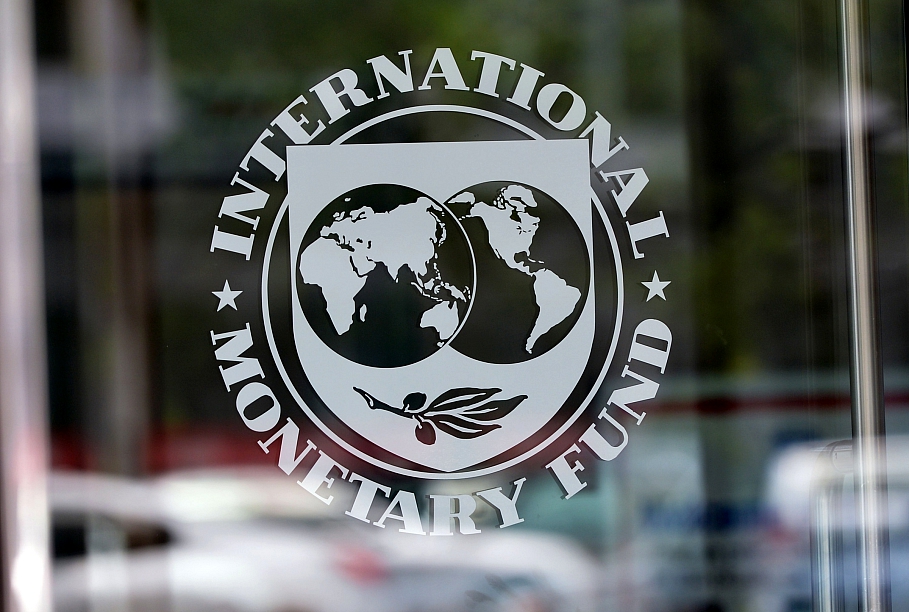Just five days after Rimsevics gave a decidedly lukewarm reception to the 2016 budget, the IMF delivered a notably more upbeat verdict on its balance of revenue and expenditure.
"The 2016 budget is broadly appropriate. It strikes a balance between delivering the needed fiscal consolidation and supporting growth, while being broadly consistent with Latvia’s own fiscal rules, and its European Union fiscal commitments," the IMF said at the end of its latest research mission to the country.
"Measures to enhance revenues are welcome, including not reducing the PIT, introducing the so-called Solidarity Tax, and others to broaden the tax base. This should be complemented by further efforts to tackle the shadow economy and deficiencies in tax collection," the IMF said in marked contrast to Rimsevics criticism of what he termed "brutal" tax rises.
"Furthermore, effort should be made to shift the revenue burden towards property taxes, and more is needed to address inequality, including enhancing the Guaranteed Minimum Income (GMI) benefits. At the same time it will be be important to ensure the efficiency of public spending informed by a review of expenditures," the IMF added.
"Latvia continues to make steady progress. Unemployment continues to fall, and now stands at just under 10 percent, half its crisis peak. The current account deficit remains modest, and inflation is picking up slowly towards the euro area target. While overall economic sentiment shows little change, consumer confidence has reached levels not seen since the crisis. The supply of bank lending, though still shrinking, shows some signs of stabilizing," the organization concluded in a generally upbeat assessment.
The medium-term outlook is favorable, but there are risks linked to prolonged stagnation in the euro area, and a deepening of geopolitical tensions could adversely affect both the real and financial sectors, the IMF warned.
"In such an environment, there is a need for continued vigilance, adequate buffers, and prudent policy making," it concluded.






























